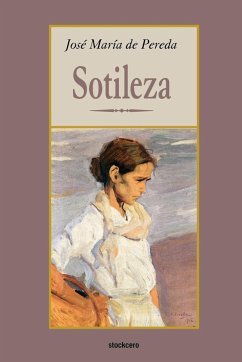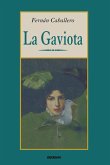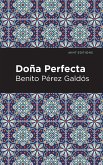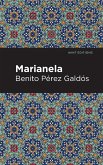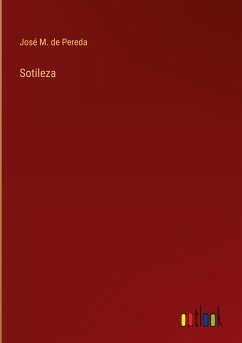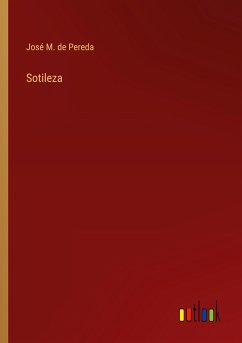José María de Pereda y Sánchez Porrúa is traditionally considered a traditional writer, perhaps because of the well-known recommendation made by Marcelino Menéndez Pelayo not to stray from the local issues of the Santander of yesteryear. However, when reading Sotileza "published for the first time in 1885" one suspects that this should not have been a diminutive piece of advice, but that the intention might have been to clear the field of action and allow the writer to dedicate his genius to painting the soul of its characters. It is true that the atmosphere of the High Street revives in this book, but it does not do so by means of descriptions "that it has, and very good" but from the words of Silda, Andresillo, Aunt Sidora or Carpia, whose dialogues and discussions are human and captivating through time and the customs that separate us. There is in Sotileza a recreation of human drama where circumstances, foreseeable in the manner of a Greek tragedy, determine events beyond the will of the characters. Throughout the pages and in front of the reader's eyes, little Silda becomes Sotileza, with all the implications that her nickname has, and there is no way to disregard this soul, unfathomably wise and hidden in attractive wrapping. Whether this occurs in a fishing village is detail, no matter how magnificently developed. Sotileza is a sun around which satellites rotate, and even out of scene it is sensed that the other characters, no matter how far away, rotate under his influence. And this is so because de Pereda's genius has managed to summarize in the orphan and her court the universal greatness and misery of the human condition. A separate paragraph deserves the language. At times hermetic and abstruse, riddled with localisms, costumbrismos and marine and fishing lingo, Pereda's phrases never fail to show off their sound. And it is from its rhythm and melody that the joys and sufferings of those who pronounce them can be understood, beyond the adjustment of meanings. Like a tune without knowing the lyrics. The author dreamed that his readers would be his "contemporaries of Santander who still live", so much so that he asks them in the prologue "to declare correctly whether or not their language is spoken in these pages; whether or not it is their customs, their laws, their vices and their virtues, their souls and their bodies that are manifested here. » This circumstance, considering herself in the midst of a gathering "in which she always occupied the main position due to her grace and wit" allowed her to present her work as a pleasant conversation. So this is an annotated edition. We intend to help the reader by propping him up discreetly, where he feels his step fails, without ever interrupting the author's talk. Allow him to enjoy the music, and if he understands the lyrics, the better. If at the end of this book the reader perceives a hint of Santander rhythm in his thoughts, the fruit of having spent a few hours with a fascinating lecturer, we will have fulfilled our mission by facing this edition.
Hinweis: Dieser Artikel kann nur an eine deutsche Lieferadresse ausgeliefert werden.
Hinweis: Dieser Artikel kann nur an eine deutsche Lieferadresse ausgeliefert werden.

